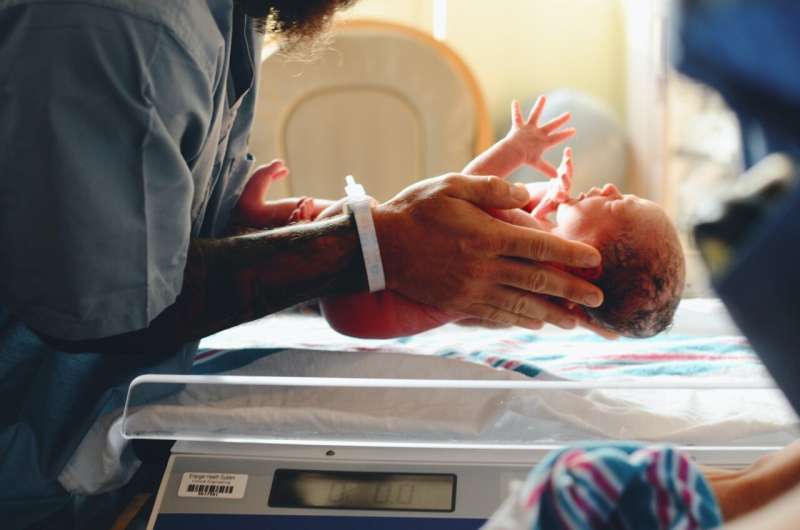Erythropoietin Ineffective for Newborns with Brain Hypoxia: Recent Study Findings

Recent research presented at the Pediatric Academic Societies (PAS) 2025 Meeting in Honolulu has shown that erythropoietin, a medication previously considered for treating newborns suffering from low oxygen levels or compromised blood flow to the brain, does not improve survival or reduce disabilities. The study focused on infants with hypoxic-ischemic encephalopathy (HIE), a condition caused by issues during labor and delivery that result in brain damage. Despite earlier hopes, high-dose erythropoietin combined with standard cooling therapy did not decrease death rates, cerebral palsy incidence, or cognitive and physical impairments.
The international randomized trial, known as PAEAN, involved 311 babies born at or after 35 weeks gestation in Australia, New Zealand, and Singapore. Researchers compared outcomes between two groups: one receiving only controlled cooling therapy and the other receiving both erythropoietin and cooling within the first days after birth. Findings aligned with previous studies like the 2022 HEAL trial, reinforcing that erythropoietin offers no added benefit in this context.
HIE affects approximately 1 to 5 per 1,000 live births in high-resource countries, with much higher rates in regions with limited prenatal and birth care. Since hypoxic-ischemic injury is a leading cause of neonatal death and lifelong disability, ongoing research continues to seek effective preventative and treatment measures.
Helen G. Liley, the study's lead author and professor at the University of Queensland, emphasized that these results challenge prior optimism about erythropoietin's role in HIE management. The current evidence indicates that metabolic cooling remains the primary therapeutic approach, and further efforts are necessary to explore new interventions.
For more detailed findings, the study titled "Aiming to Prevent Adverse Outcomes of Neonatal Hypoxic-Ischemic Encephalopathy with Erythropoietin" provides comprehensive insights into this pivotal research.
Stay Updated with Mia's Feed
Get the latest health & wellness insights delivered straight to your inbox.
Related Articles
Key Biological Traits Predict Response to CD19 CAR T Cell Therapy in B-Cell Lymphoma Patients
A large-scale study reveals how specific tumor microenvironment traits influence patient response to CD19 CAR T cell therapy in B-cell lymphoma, paving the way for personalized treatments.
Innovative Approaches to Gout Management
New research highlights innovative strategies in gout management, focusing on urate-lowering therapies to reduce cardiovascular risks and improve patient outcomes.
Genetic Causes Identified for Severe Neuropathy Post-Infection
Recent genetic research has identified specific mutations responsible for a severe hereditary neuropathy triggered by infection, offering new avenues for diagnosis and potential treatment.



